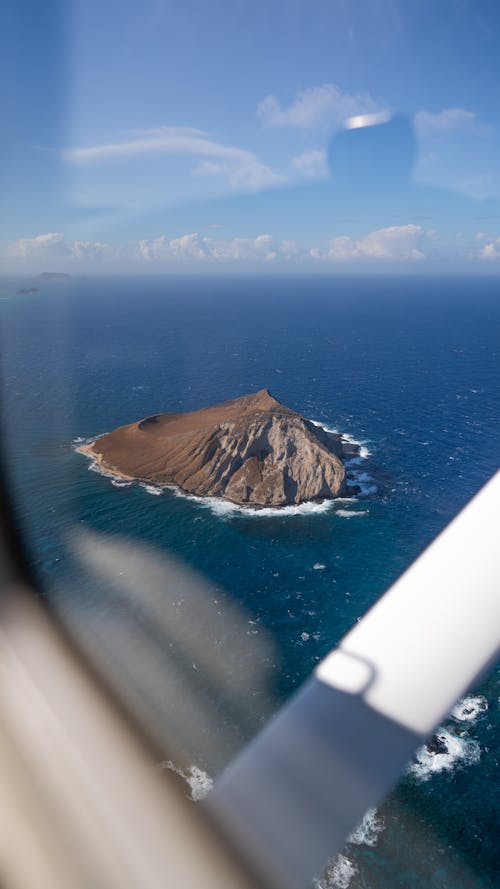
Introduction
Fashion is not merely about clothing; it is a cultural phenomenon that celebrates creativity, craftsmanship, and innovation. Throughout history, certain events have marked significant milestones in the evolution of haute couture and ready-to-wear fashion. From glamorous runway shows to iconic exhibitions, these events have shaped trends, influenced societal norms, and elevated fashion to an art form. This article explores the grand events of fashion, highlighting their impact on the industry and their enduring legacy.
The Birth of Haute Couture
- The House of Worth
- Introduction of Couture: In the mid-19th century, Charles Frederick Worth revolutionized fashion by establishing the House of Worth in Paris. He introduced the concept of haute couture, where garments were meticulously crafted for individual clients, setting a new standard of luxury and exclusivity.
- Paris Fashion Week
- Origin and Evolution: Paris Fashion Week emerged as the pinnacle of haute couture and ready-to-wear fashion. Established in 1945, it showcases the collections of prestigious fashion houses such as Chanel, Dior, and Givenchy. The biannual event sets global trends and attracts fashion aficionados, celebrities, and media from around the world.
Iconic Fashion Shows and Runway Moments
- Chanel’s Little Black Dress
- 1920s Revolution: Coco Chanel’s introduction of the little black dress in the 1920s revolutionized women’s fashion. It symbolized simplicity, elegance, and modernity, becoming an enduring staple in every woman’s wardrobe.
- Dior’s New Look
- Post-War Elegance: Christian Dior’s New Look, unveiled in 1947, reintroduced femininity and glamour to post-war fashion. The collection featured full skirts, nipped-in waists, and luxurious fabrics, signaling a departure from wartime austerity.
- Yves Saint Laurent’s Mondrian Collection
- 1960s Avant-Garde: Yves Saint Laurent’s 1965 Mondrian Collection blurred the lines between art and fashion. Inspired by the works of Piet Mondrian, the collection featured bold geometric patterns and primary colors, embodying the spirit of avant-garde couture.
Global Fashion Weeks and Their Influence
- Milan Fashion Week
- Italian Elegance: Milan Fashion Week, established in 1958, showcases Italy’s rich fashion heritage. Designers like Versace, Prada, and Dolce & Gabbana present their collections, known for their craftsmanship, luxury, and innovative designs.
- London Fashion Week
- British Creativity: London Fashion Week, founded in 1984, celebrates British creativity and innovation. It has launched the careers of renowned designers such as Alexander McQueen, Vivienne Westwood, and Burberry’s Christopher Bailey.
- New York Fashion Week
- American Influence: New York Fashion Week, inaugurated in 1943, is a global platform for American designers to showcase their collections. It has propelled designers like Ralph Lauren, Calvin Klein, and Marc Jacobs to international acclaim.
The Met Gala: Fashion’s Night of Nights
- Celebrating Costume Design
- Metropolitan Museum of Art: The Met Gala, hosted annually by the Costume Institute at the Metropolitan Museum of Art in New York City, is a fundraising event that celebrates fashion as art. Each year’s theme inspires extravagant costumes worn by celebrities and fashion icons.
- Themes and Exhibitions
- Memorable Themes: Themes such as “Camp: Notes on Fashion” and “Heavenly Bodies: Fashion and the Catholic Imagination” have explored the intersection of fashion, art, and culture. These exhibitions have sparked discussions and pushed boundaries in fashion design.
Fashion Weeks Around the World
- Tokyo Fashion Week
- Japanese Innovation: Tokyo Fashion Week showcases Japanese designers’ avant-garde creations and innovative designs. It highlights Tokyo’s influence as a global fashion capital, known for its street style and cutting-edge trends.
- Sydney Fashion Week
- Australian Creativity: Sydney Fashion Week, held annually, spotlights Australia’s diverse fashion scene. It promotes local designers and celebrates the country’s unique blend of laid-back style and sophistication.
Fashion as Art and Expression
- Exhibitions and Museums
- The Fashion Institute of Technology (FIT): Institutions like FIT in New York City curate exhibitions that explore fashion history, design techniques, and cultural influences. These exhibitions educate and inspire future generations of designers and enthusiasts.
- Fashion Awards and Recognitions
- CFDA Awards: The Council of Fashion Designers of America (CFDA) Awards honor outstanding contributions to American fashion. Categories include Designer of the Year, Emerging Designer, and Fashion Icon, recognizing talent and innovation in the industry.
The Future of Fashion Events
- Digital Transformation
- Virtual Runway Shows: The fashion industry is embracing digital platforms to reach global audiences. Virtual runway shows and digital presentations allow designers to showcase their collections in innovative and accessible ways.
- Sustainability Initiatives
- Green Fashion Weeks: Fashion weeks around the world are increasingly focusing on sustainability. Designers are incorporating eco-friendly materials, promoting ethical practices, and advocating for a more sustainable future.

Conclusion
Fashion events are more than just showcases of clothing; they are cultural phenomena that shape trends, influence societal norms, and celebrate creativity. From the birth of haute couture in Paris to the global impact of fashion weeks and iconic moments like the Met Gala, these events highlight the transformative power of fashion as art and expression. As the industry evolves with digital innovations and sustainability initiatives, the future of fashion events promises to continue pushing boundaries and inspiring generations to come. Through these grand events, fashion remains a dynamic force that celebrates diversity, creativity, and the enduring allure of style.














